Public Health Disinformation
ISD identifies, monitors and analyses online information operations targeting public health agendas, including COVID-19 disinformation
Malign influence operations have the ability to undermine significant policy agendas and endanger public health. This has long been apparent in the case of misinformation surrounding vaccinations, as well as in relation to sexual and reproductive health. In the past year, these disinformation efforts have been extremely visible in the case of COVID-19 disinformation. Bad actors and extremist groups are exploiting the pandemic and the anxieties emerging across the globe to further their extreme narratives and spread division and hate.
Since March 2020, ISD has worked to understand the ways this global health crisis is being used, co-opted and manipulated for extremist ends. Beyond the immediate public health emergency, this global crisis has profound effects on governance, social polarisation, the information landscape and political discourse, all of which have significant relevance to how extremist ideologies are constructed and disseminated. Crises also present opportune moments for extremists across the ideological spectrum to mobilise.
ISD’s Digital Analysis Unit is analysing the unfolding ‘infodemic’ surrounding COVID-19, producing regular analysis and commentary on emerging trends and issues. This includes working with high-profile media outlets around the world on focused investigations. In particular, ISD has been monitoring key issues emerging from the crisis including:
Extremist groups
Extremist groups, polarising forces and hostile state actors seizing on anxieties and grievances emerging across societies during the COVID-19 pandemic, positing supremacist, and violent solutions.
Populist authoritarian and national political groups
The political manipulation of this COVID-19 crisis by populist authoritarian and nationalist voices in order to mainstream divisive and polarising narratives.
Othering
The promulgation of othering ‘us and them’ narratives around COVID-19 and the targeting of vulnerable groups, through anti-Semitic, anti-Muslim, anti-migrant and sectarian rhetoric.
Disinformation
The health of the wider COVID-19 information ecosystem, including the use of inauthentic coordinated information campaigns by state and non-state actors to distort or disrupt public information about the virus through online platforms.
ISD’s COVID-19 Analysis
- COVID-19 Disinformation Briefing No. 1
- COVID-19 Disinformation Briefing No. 2
- COVID-19 Disinformation Briefing No. 3
- COVID-19 Disinformation Briefing No. 4
ISD’s Disinformation team
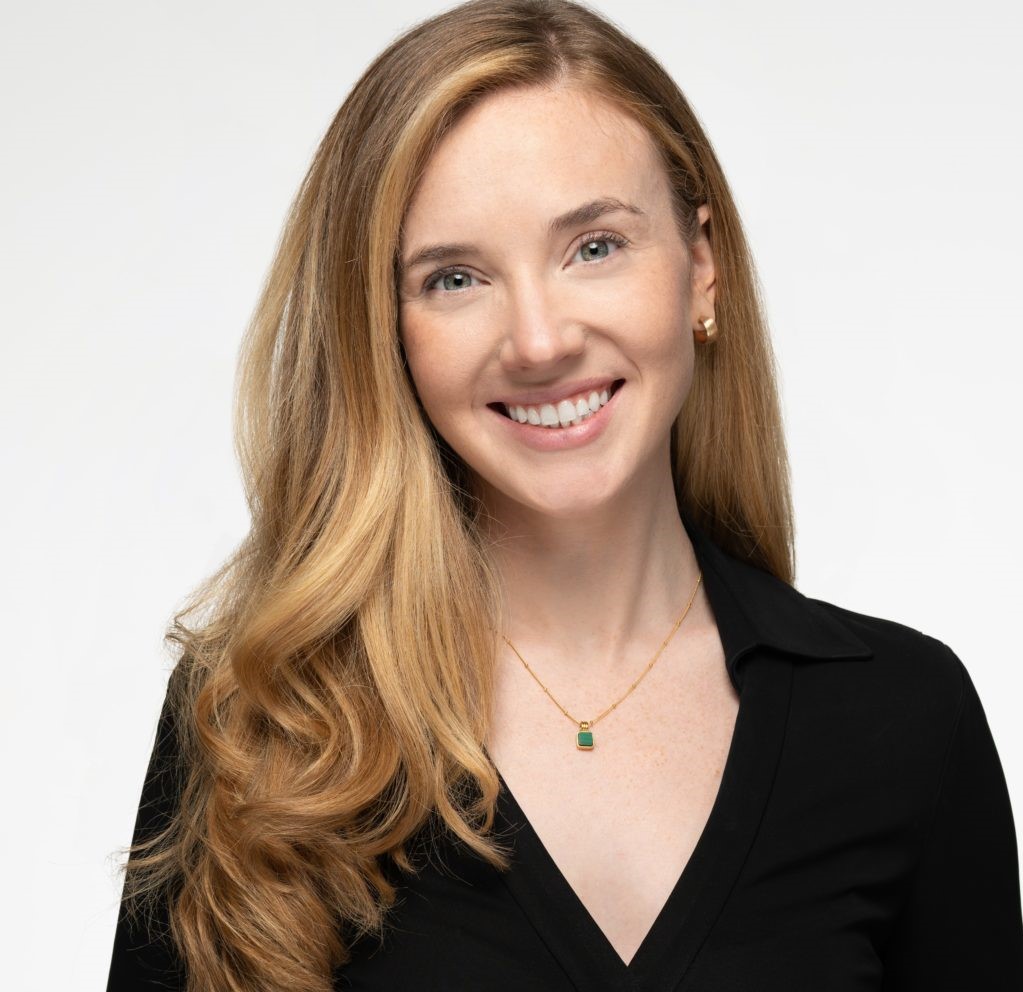
Jiore Craig
Resident Senior Fellow, Digital Integrity






Jacob Davey
Director of Policy & Research, Counter-Hate



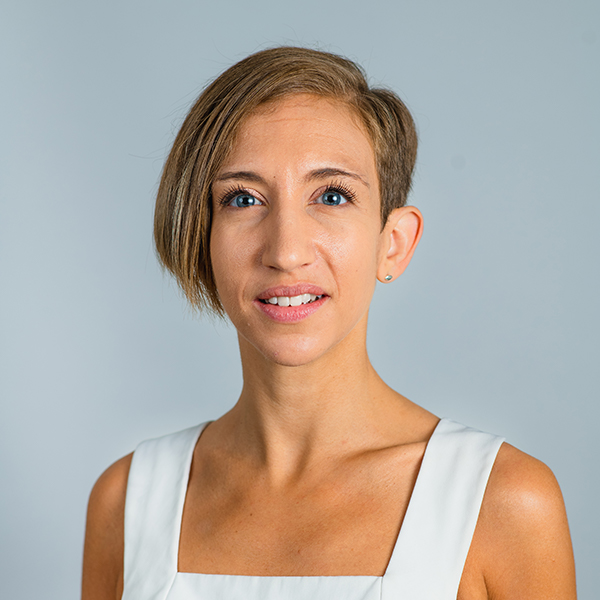


Jennie King
Director of Climate Research and Policy






Melanie Smith
Director of Research, ISD US



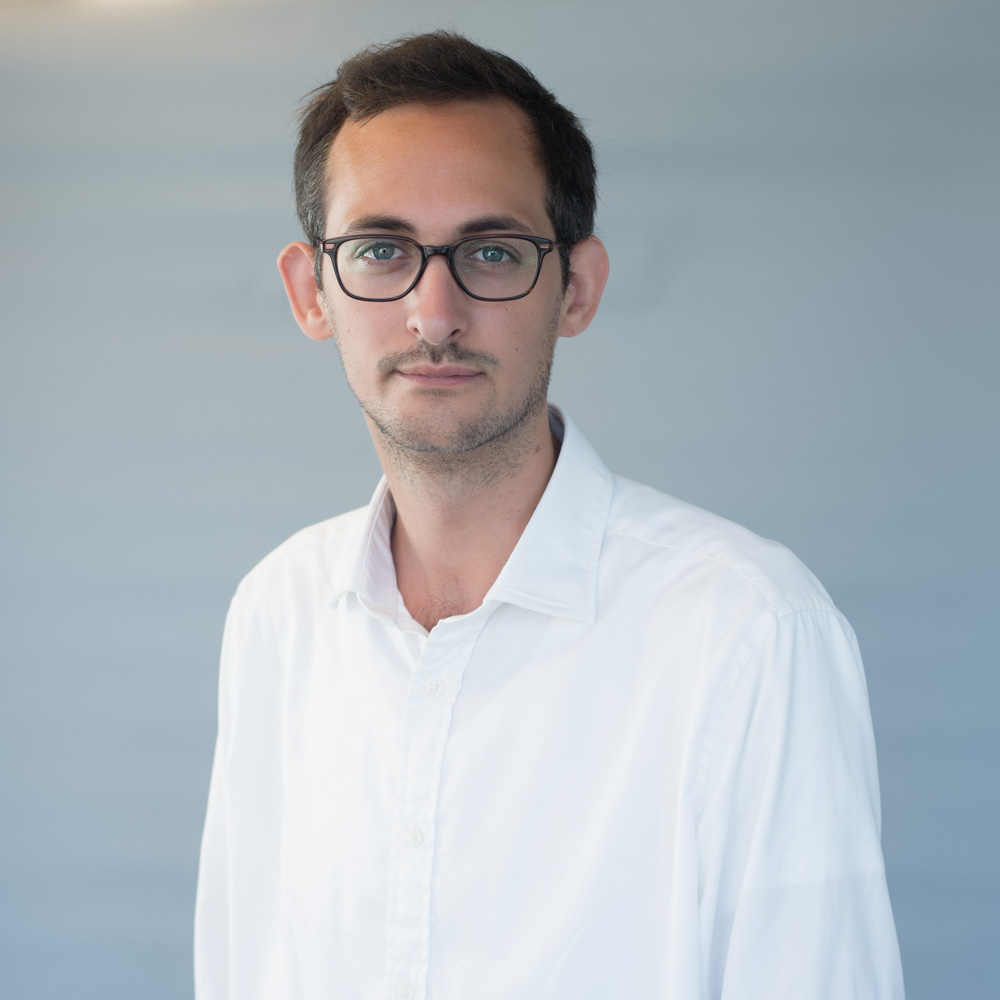


Henry Tuck
Director of Digital Policy






Mauritius Dorn
Senior Digital Policy and Education Manager



Mauritius Dorn
Senior Digital Policy and Education Manager



Jakob Guhl
Senior Manager, Policy & Research






Charlotte Moeyens
Senior Manager, Networks & Civic Action



Charlotte Moeyens
Senior Manager, Networks & Civic Action



Dominik Hammer
Research Manager, ISD Germany



Dominik Hammer
Research Manager, ISD Germany
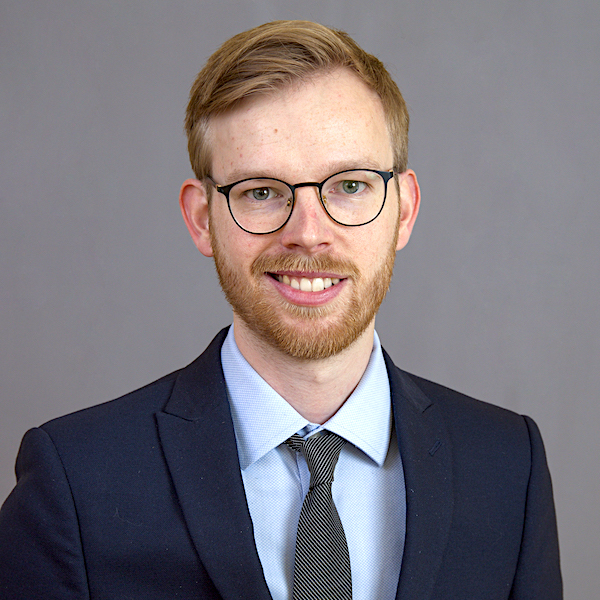


Christian Schwieter
Fellow



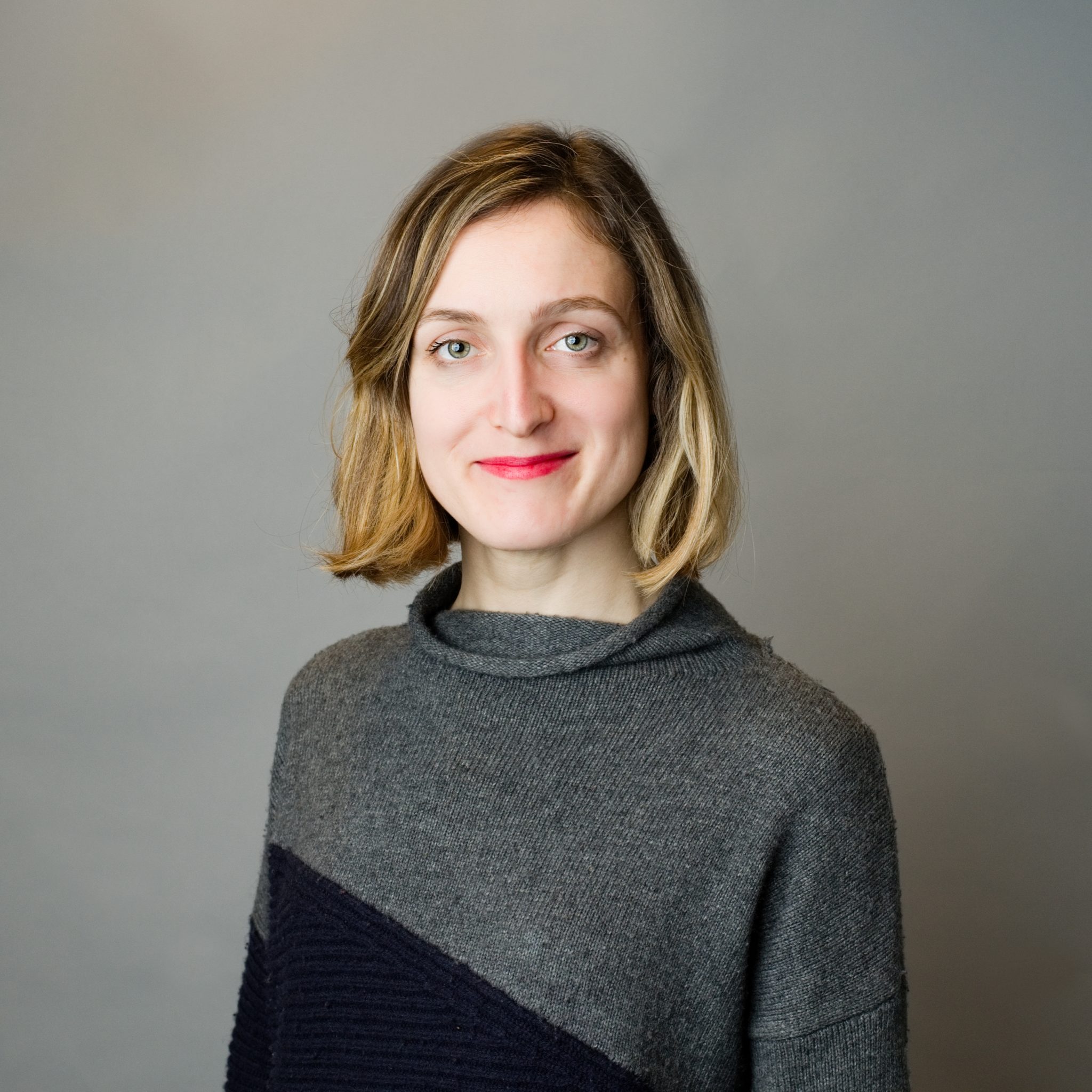


Cécile Simmons
Research Manager



